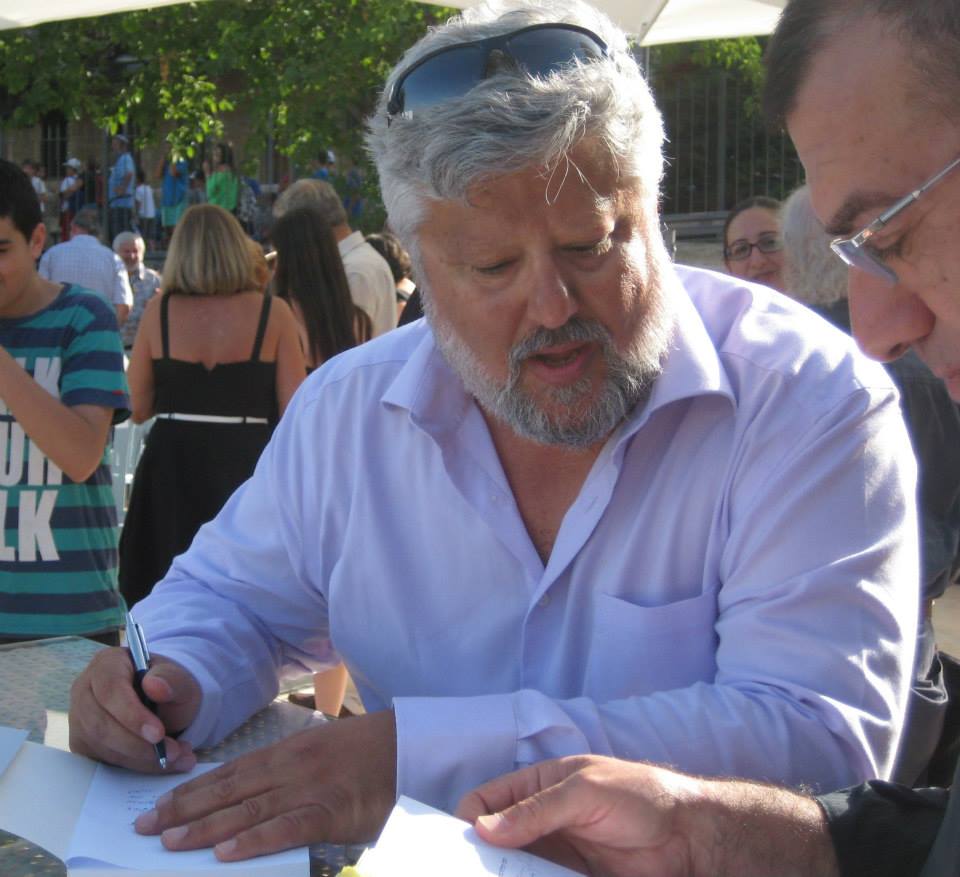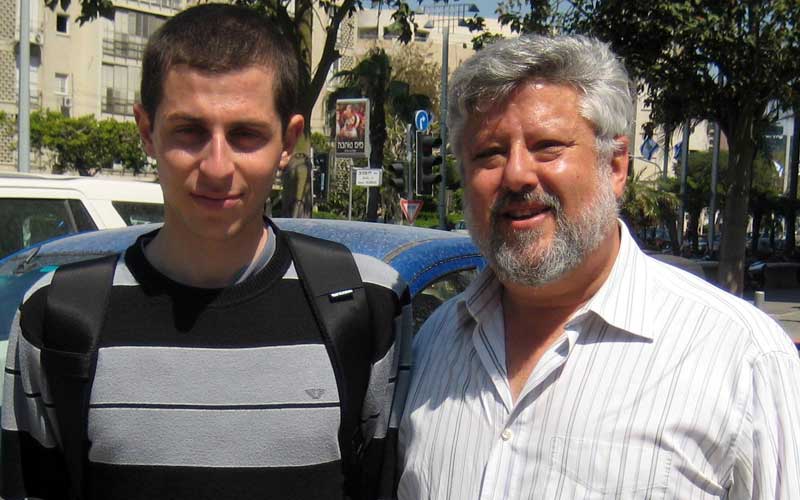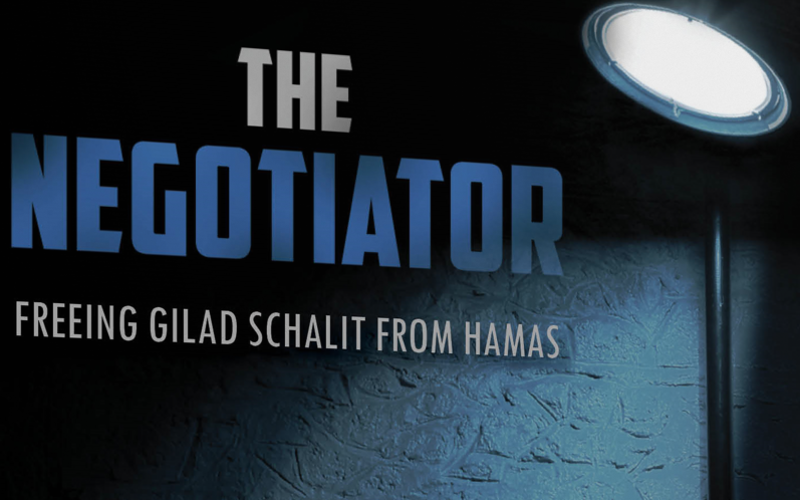More than a little chutzpa and a lot of devotion are required for a private individual to try negotiating release of a man held by a hateful enemy.
Gershon Baskin — a 30-year Israeli peace activist and co-director of the Israel Palestine Center for Research and Information — had enough of both to succeed.
Baskin thought that through his many Palestinian Arab acquaintances, he might be able to free Gilad Schalit, the 19-year-old Israeli soldier kidnapped by Hamas on June 25, 2006, during an attack on his tank.
“Only the prime minister of Israel and the leadership of the Hamas Islamic Resistance Movement were responsible for reaching an agreement,” he says on the first page. “I was never in a position to make decisions and had neither the responsibility nor the authority to broker any understandings between officials.”
But broker he did, using his “experience, knowledge and ideas to develop contacts and convince officials that a deal was possible.”
Particularly motivating Baskin was the 2005 disappearance of his wife’s cousin, illegally in Ramallah on business. Baskin’s Arab contacts failed to find the man, who six days later was murdered. Graveside, Baskin vowed that if he was ever again asked to help save a life, he’d “do everything humanly possible” to do so.
The opportunity came with Schalit, whose parents, Noam and Aviva, welcomed his offer of help.
Through a professor in Gaza, Baskin received a call on July 1, 2006, from Ghazi Hamad, a Hamas spokesman and prime ministerial adviser. The two hit it off quickly, and in The Negotiator, Baskin tells how he and Hebrew-speaking Hamad developed a trust their governments lacked and worked to obtain a proposal to trade Schalit for 1,027 Palestinian Arabs held by Israel.
For years, the men called, e-mailed and faxed, trying to get Hamas to provide acceptable terms for the exchange. Until spring 2011, much of Baskin’s effort was discounted or spurned by Israeli officials; he says an exchange might have been achieved in the first six months. Instead, Schalit was held for five years and four months.
Baskin, a Ph.D. in international relations and a Jerusalem Post columnist, says Israeli officials didn’t want an outsider involved. Prime Minister Ehud Olmert appointed a former Israel Security Agency official to work with Schalit’s parents. He initially involved Baskin, telling him to keep a record of all contacts with Hamas. That record — phone conversations, e-mails, faxes — comprises much of this book and its credibility.
Baskin soon was told to keep out, that an official effort was under way and a second channel was unwanted. But official efforts seemed to get nowhere, so Baskin persisted with Hamad and wrote letters to Hamas leaders saying that Israeli prisoners’ families also must long for their release.
In April, 2011, a third-successive intelligence official, David Meidan, was put on the case. He soon saw Baskin’s value, although, Baskin says, “I was well aware that the Israeli military/security/political establishment still viewed me as an outsider, a civilian and a peacenik to boot.”
That’s what worked. Hamas would not communicate with Israeli officials, but Baskin wasn’t one. With Baskin-Hamad as Israel’s accepted conduit, the two sides came close enough to accept Egyptian mediation. Schalit was freed on Oct. 18, 2011.
Persistent Baskin must have been a huge pain in the tuchas for almost everyone involved at some point, but in his easily read account, his obsessiveness, that of the Israeli public, Hamad’s patience and interest, and the dramatic protest efforts of Noam and Aviva Schalit got the job done.
Baskin doesn’t specify reasons for writing The Negotiator, which at first seemed rather creepily self-aggrandizing. But that feeling was overcome by the weight of evidence plus Baskin’s praise for Prime Minister Benjamin Netanyahu, who acted despite abhorrence of negotiating with terrorists.
Baskin says despite times of anger, frustration and despair, “the key to the secret back channel was the trust” he and Hamad built in hundreds of hours of communication. Success reinforced his “naïve, wildly optimistic belief that one citizen can make a difference.”
Neal Gendler is a Minneapolis writer and editor.



